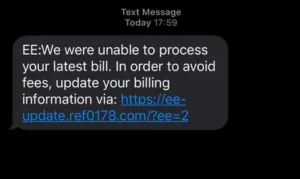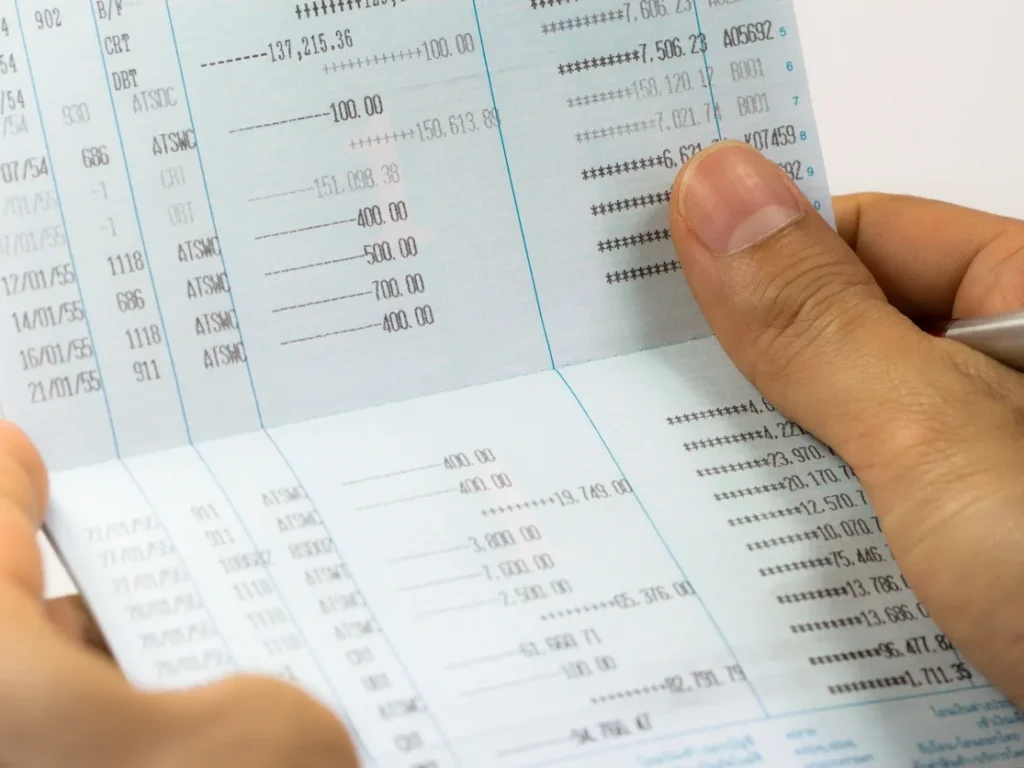“Your bill is ready to view, click here to see call charges…”
Mobile phones are a prime target for scammers. We rely on them so heavily that the mere though of being cut off, barred in some way, or having used all of our data allowance, will send most teenagers into a meltdown. It’s the same for a lot of businessmen, the elderly or even those who just like to know they can be in touch when they are needed. Scammers know this, and they will use any little bit of leverage they can to part you from your hard earned money. This week we take a brief look into the Mobile Bill scam…
The SMS Message
 Typically you will receive an SMS message purporting to be from your mobile phone service provider. Scammers are often able to spoof the sending indentification so it may even show as a message from “O2 Billing” or “EE Bill Support” and will usually contain some text regarding your mobile phone bill, worded in such a way that they try to get you to click on a web link, often hidden in a shortened URL. Some examples of the wording might be:
Typically you will receive an SMS message purporting to be from your mobile phone service provider. Scammers are often able to spoof the sending indentification so it may even show as a message from “O2 Billing” or “EE Bill Support” and will usually contain some text regarding your mobile phone bill, worded in such a way that they try to get you to click on a web link, often hidden in a shortened URL. Some examples of the wording might be:
There has been a problem with your payment details
There are additional call charges for you to review
Your bill is £965.32, please see account for details
or simply…
Your bill is ready to view
Their goal is to convince you to click on the link
What do they want?

How can I spot them?

NEVER click the link. If you have any real queries regarding your bill then you should call your provider or login to your account using a website link you trust.
Another tell-tale is down to the URL. Often, like the example above, they will not bear any real resemblance to the real website. Always play it safe and if there is any doubt, call your supplier on a trusted number.
Business users should be especially wary and report it to their mobile phone administrator immediately (usually the IT department)..
Help us fight the Scams!



